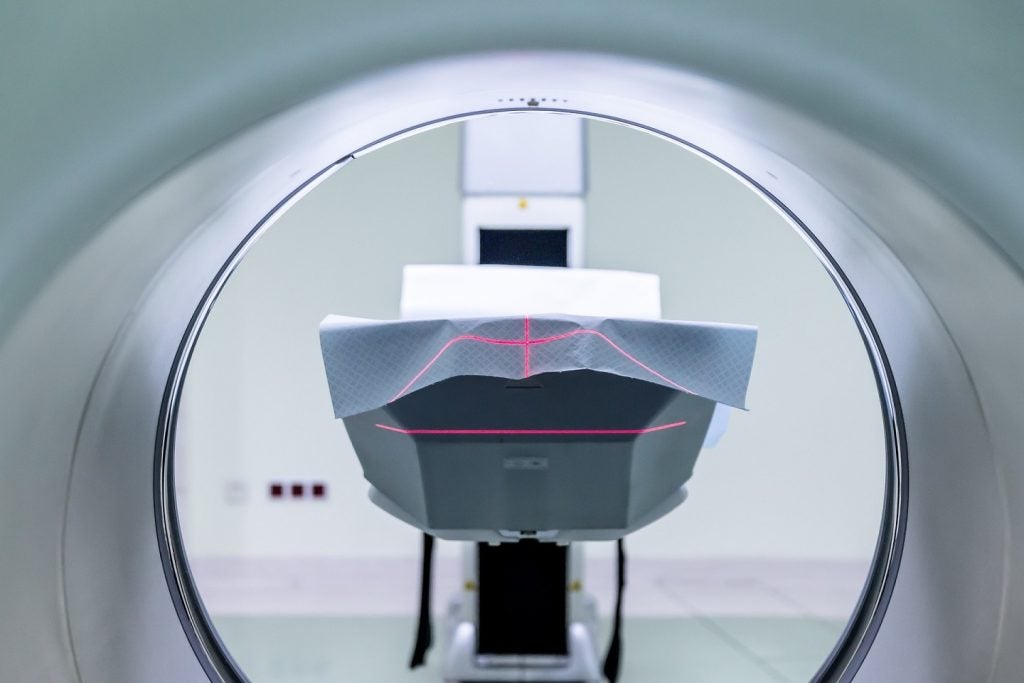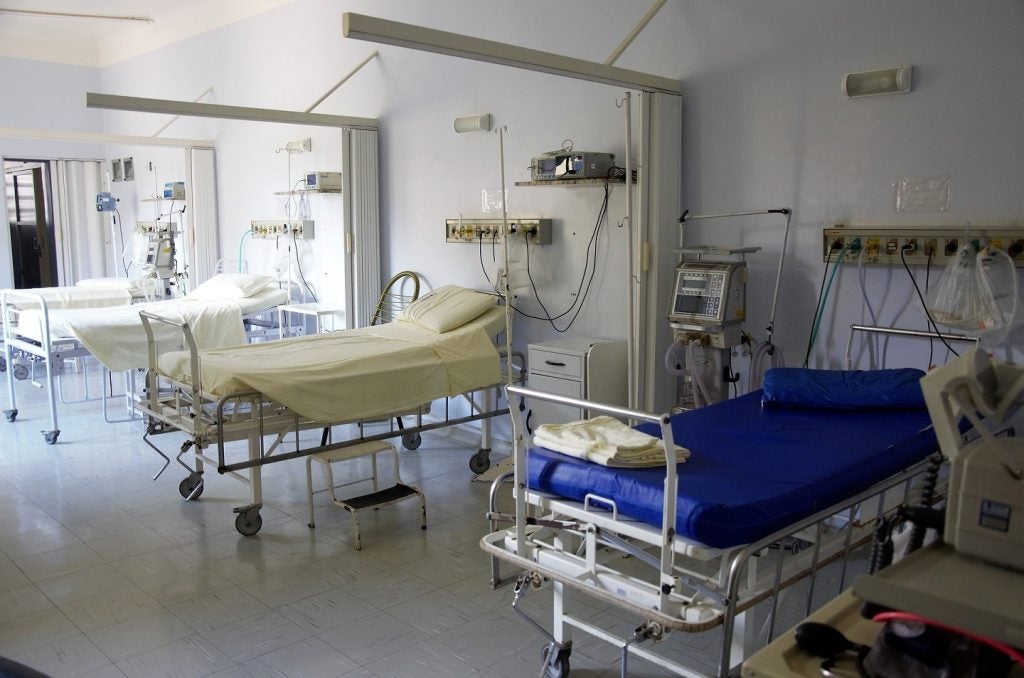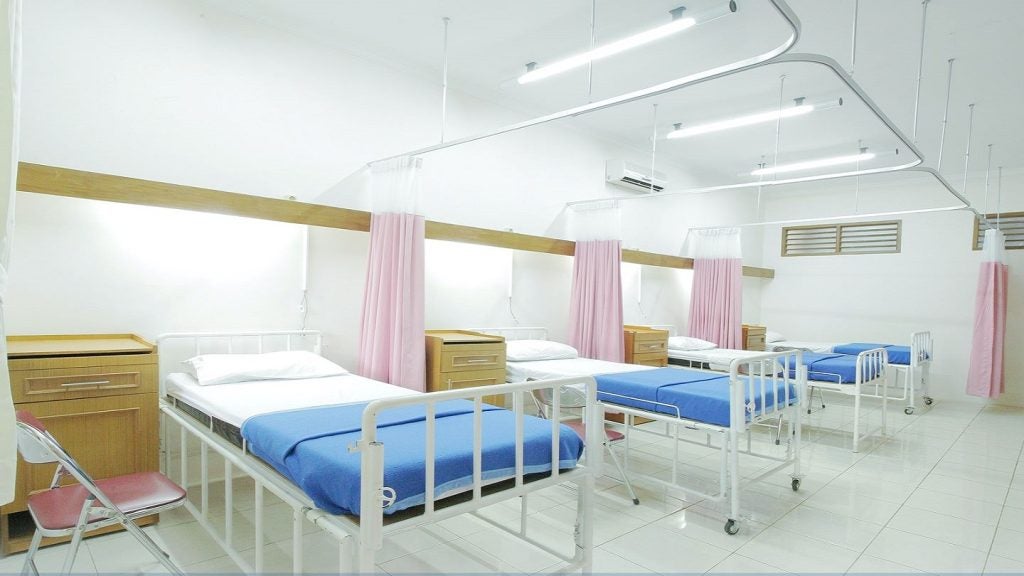Fujifilm India has installed the Echelon Smart 1.5 Tesla MRI machine at Sarvodaya Hospital, a 220-bed super speciality hospital in Greater Noida West (Noida Extension), in the Indian state of Uttar Pradesh.
The 1.5T Superconductive MRI system is designed to enable acoustic noise reduction, low power usage, and operator-friendly operation support.
Fujifilm India healthcare division head and vice-president Chander Shekhar Sibal said: “In addition to being economical, Echelon Smart 1.5 Tesla MRI machine is also able to reduce the noise associated with MRI machines at a very large rate.”
With a low power consumption of 29kVA under general conditions, the machine features smart technologies, including SmartECO, SmartSPACE, SmartCOMFORT, SmartSPEED, and SmartQUALITY, for optimum output.
Sarvodaya Hospital Greater Noida West director Divyanu Gupta said: “We have cutting-edge technical modalities, including FUJIFILM SUPRIA 128 SLICE CT System, FUJIFILM FDR SMART FGX-52S Digital Radiography System, FUJIFILM ARIETTA 65 Ultrasound System and more. Now, we are glad that FUJIFILM India has partnered with us again to bring the first state-of-the-art MRI machine to Greater Noida.
“The new MRI machine, with its smart features like low noise, excellent speed for quick brain and spine scans and high-resolution quality of imaging, delivers excellent outcomes for quick diagnosis and offers patients a comfortable experience.”
In July 2023, Fujifilm introduced the FUJIFILM Connect app to help healthcare professionals offer complete care.
Sarvodaya Hospital, Greater Noida West is part of Sarvodaya Healthcare. The facility provides treatment in several areas such as internal medicine, obstetrics and gynaecology, paediatrics, and orthopaedics.















